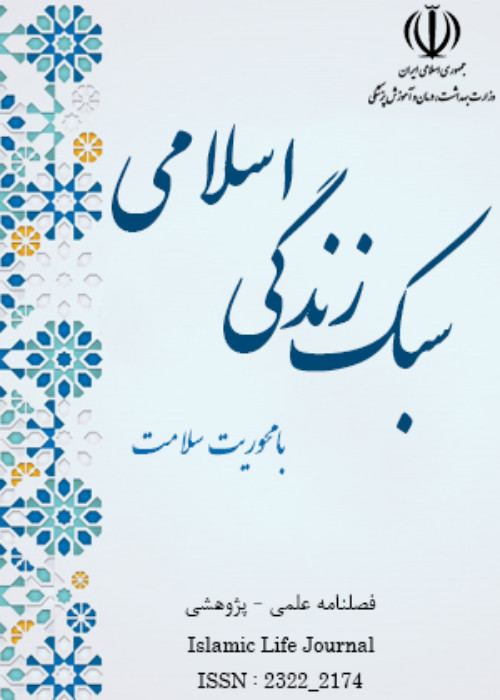Comparison of Health Promoting Lifestyle and Health Literacy between Men and Women. An Analytical -Comparative Study Among the Tehranian Middle-Aged Population
The middle age is transition from youth to elderly and associates with biological changes in health status. This period requires individuals to choose a lifestyle to maintain and promote health in this life span. The aim of this study is to compare the health promoting lifestyle and health literacy among the middle-aged men and women.
This analytical-comparative study was conducted with the participation of 400 middle-aged men and women in six comprehensive health care centers in Tehran city by available sampling method. Study's tools included Health Literacy for Iranian Adults (HELIA) questionnaire and the adult version of health promoting lifestyle profile (HPLP-II). Data was analyzed quantitatively using SPSS software version 20. The significance level was defined less than 0.05.
Totally, only 66.5% of the participants had adequate or higher health literacy. Middle-aged women had higher scores than men in both domain of health literacy and health-promoting lifestyle. The regression analysis indicated that the household income (B=7.03, P=0.028), individual adherence to religious principles (B=17.60, P=0.002) and having basic health insurance (B=11.99, P=0.004) were associated significantly with health promoting lifestyle, whereas, enjoying high education (B=21.25, P=0.001) was the strongest influential factor for the better health literacy among all middle-aged.
In spite of higher level of health literacy of middle-aged women compared to men, there was no significant difference between them in term of health-promoting lifestyle. In addition, irrespective of gender, middle-aged people with health insurance, more favorable economic status and fidelity to religious beliefs may enjoy healthier lifestyle.
- حق عضویت دریافتی صرف حمایت از نشریات عضو و نگهداری، تکمیل و توسعه مگیران میشود.
- پرداخت حق اشتراک و دانلود مقالات اجازه بازنشر آن در سایر رسانههای چاپی و دیجیتال را به کاربر نمیدهد.



